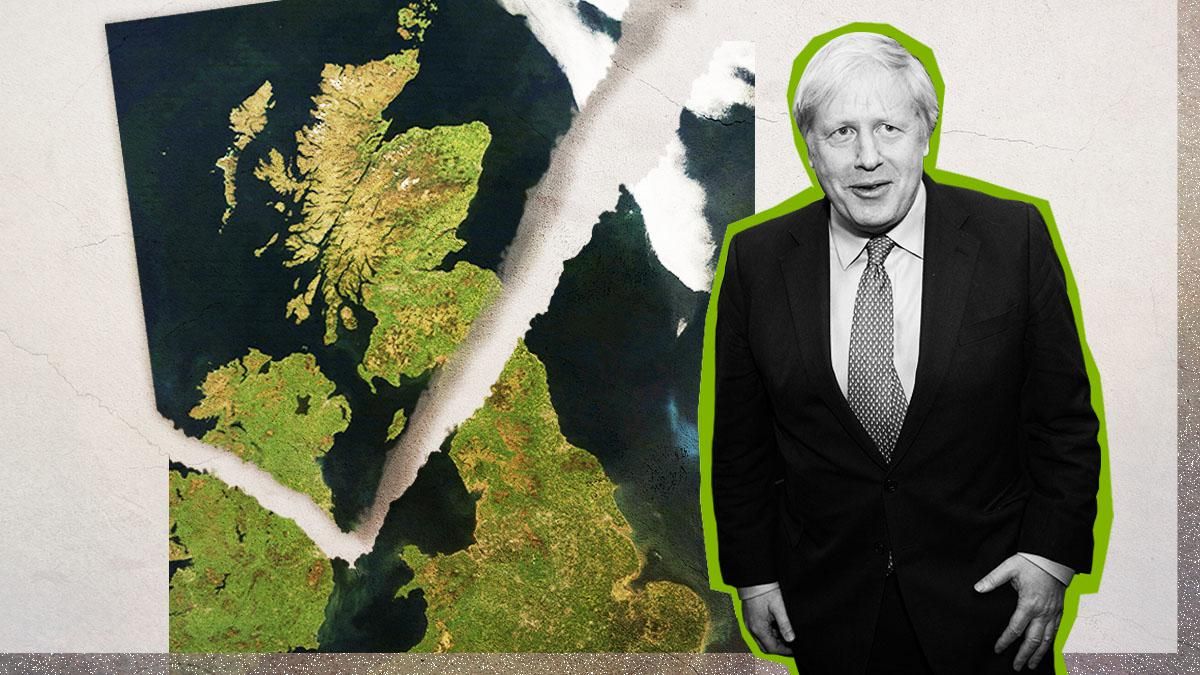Will Northern Ireland leave the UK? Unifying the Republic of Ireland and Northern Ireland into one sovereign state has long been a pipedream for Irish nationalists. But recent polls reveal that public sentiment is changing. The combination of demographic shifts and Brexit, which resulted in Northern Ireland exiting the EU as part of the UK, have upped support to break away from London in the near term: one survey found that 42 percent of people in Northern Ireland support reunification, and the number was even higher among the under-45 cohort (47 to 46 percent). Meanwhile, the Irish nationalist Sinn Fein party, which made massive gains in Ireland's general election last year, recently said that Dublin, Belfast, and London need to start getting ready for Irish reunification — and soon. But the issue is extremely difficult to reconcile: The 1998 Good Friday Agreement, which ended decades of bloodshed between Irish nationalists and pro-UK unionists, says that a united Ireland can only be achieved if most Northern Irelanders consent. However, in 2016 most Northern Irish (56 percent) did say they wanted to stay in the EU. Could an Irish reunification referendum actually happen soon?
China launches COVID passport: As the global vaccine effort is well underway, with 313 million shots having been given in 118 countries, China has become one of the first countries in the world to issue an official certificate to show proof of vaccination and test results. Chinese officials are hoping that the new vaccine documents will boost both domestic and international travel for Chinese citizens, but there are two big remaining issues: To date China has only inoculated 4 percent of its population. Though that's still a lot of people, it has a lot of vaccinations to give before this program can really get off the ground. Additionally, it's still unclear which countries will accept China's COVID passport — and which nations Beijing will be willing to accept similar documents from. It's likely that some of the dozens of countries that China is already supplying its own vaccines to, as well as those with tourism-dependent economies that are desperate for cash from Chinese travelers, will be willing to play ball. Nevertheless, China's decision is a major development in the immunity passport saga, and could spur other nations to adopt similar measures as vaccinations become more widespread.
Ethiopian opposition boycotts vote: Two of Ethiopia's main opposition parties have pulled out of the country's June legislative election, citing the jailing of some of their leaders and interference with their parties' operations by the incumbent government. The election is seen as a major test for embattled Prime Minister Abiy Ahmed, whose reputation as a peace lover has taken a massive hit since launching a military offensive in the Tigray region last year, which has displaced over 2 million people. Interestingly, the two factions who are boycotting the polls are ethnic Oromo nationalist parties that used to support Abiy — an Oromo himself — until two years ago, when the PM opened Pandora's box by ushering in ambitious reforms that many Oromos viewed as detrimental to their interests. The tensions boiled over last summer, when Ethiopia was swept by mass protests following the murder of an Oromo nationalist singer. Abiy responded by cracking down on Oromo activists, deepening ethnic tensions in the already divided state. Indeed, Ethiopia's leader is now in a tough spot: his ruling party will now surely win the vote, but that victory will be regarded as illegitimate by large swaths of the population due to the opposition boycott. Expect more political turbulence in the ethnically diverse country as we get closer to the election.


















